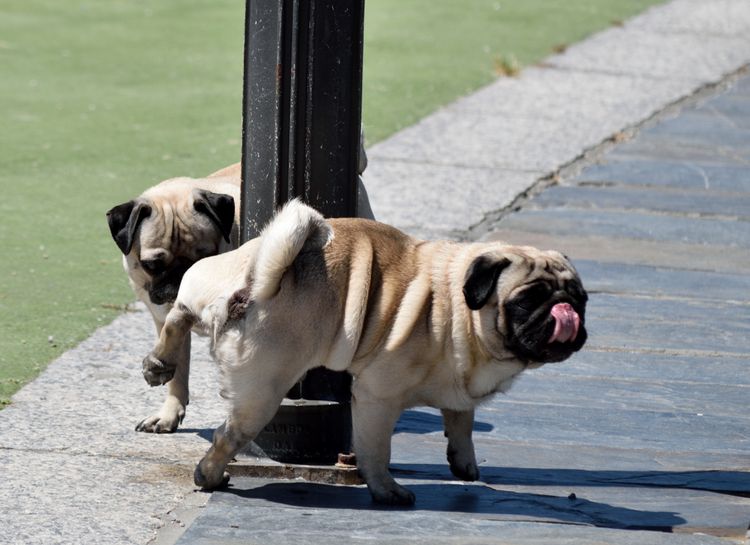
Have you ever noticed your dog licking another dog's pee? Dogs are known to display plenty of odd behaviors and weird habits, like sniffing each other's rears or suddenly getting the zoomies. When dogs sniff the urine of other dogs, they get a world of stimulating information.
Despite how off-putting we humans see it, dogs seem to enjoy it. Fortunately, this behavior is generally harmless—unless the other dog is sick.
Dogs use their noses to explore the world around them. An advanced olfactory system allows dogs to smell much better than humans. They actually have a structure in their nasal passages called the vomeronasal organ or Jacobson's organ that enables them to smell pheromones. They can take in complex layers of scents and will sometimes lick objects, surfaces, and even other dogs in order to get a better whiff.
Urine contains chemicals and pheromones that are unique to each dog. It tells a story about the dog and can provide clues about the dog's sex, reproductive status, health, and diet. This explains the reason for urine marking: Dogs urinate on objects to mark their territories and communicate with other dogs. Of course, this is why your dog is drawn to the pee of other dogs.
You may see your dog licking in addition to smelling the urine so he can fully take in all of the "aromas" from the other dog. Some dogs will rub their faces and bodies on desirable scents, and this may include the urine of another dog.
You may find it unsettling to see your dog licking another dog's urine. Relax, there is nothing wrong with your dog. This instinctive behavior is normal and usually harmless. However, a dog can contract an infectious disease from licking the urine of animals.
Leptospirosis is a bacterial disease that is contagious to both humans and dogs. It is often transmitted through the urine of wildlife like rodents. Dogs with leptospirosis can spread this disease through their urine as well, infecting humans, dogs, or other animals. Leptospirosis causes flu-like symptoms and can lead to liver failure or kidney failure in dogs and people. Dogs are more likely to contract leptospirosis from contaminated water, but it is technically possible to get the disease directly from another dog. Therefore, it can be a concern if your dog is licking the urine of unknown dogs. Contact your veterinarian if you suspect your dog has been exposed to leptospirosis or is showing signs of illness.
Intestinal parasites and gastrointestinal viruses like parvo are not passed via urine. However, a dog could contract a disease after licking the genital area of an infected dog if the dog is shedding the parasite or virus from the anus.
A rare bladder parasite called Capillaria plica can affect dogs, but not directly from another dog's urine. Instead, the infected dog urinates the parasite's eggs, which then develop into larvae and enter earthworms. A dog must eat the infected earthworm to contract the parasite.
There may be times when you want to stop your dog from licking other dogs' urine. Many owners are disgusted by the sight of it even though it's normal behavior. More likely, you are concerned that your dog may contract an infectious disease.
Training can help you prevent your dog from licking other dogs' pee. Practice cues like drop it and leave it so you can interrupt your dog the moment you catch him trying to eat something bad. If your dog fails to obey, use positive reinforcement rather than punishment. Redirect your dog to a toy or game. Reward him for diverting his attention from the undesired item.
Your dog is most likely to lick another dog's pee during a walk or while playing in a dog park. Watch your dog closely at these times. If your dog is on a leash, simply lead him away from other dogs that are peeing. You will need to watch your dog closely at the dog park or while playing outdoors with other dogs. Only allow your dog to play with healthy dogs.
You may need to take a break from the dog park if you cannot stop your dog from licking other dog's pee. Work on training in a controlled environment, like your yard. Invite familiar, healthy dogs over from doggie "playdates" so you can supervise and work on the "leave it" cue.
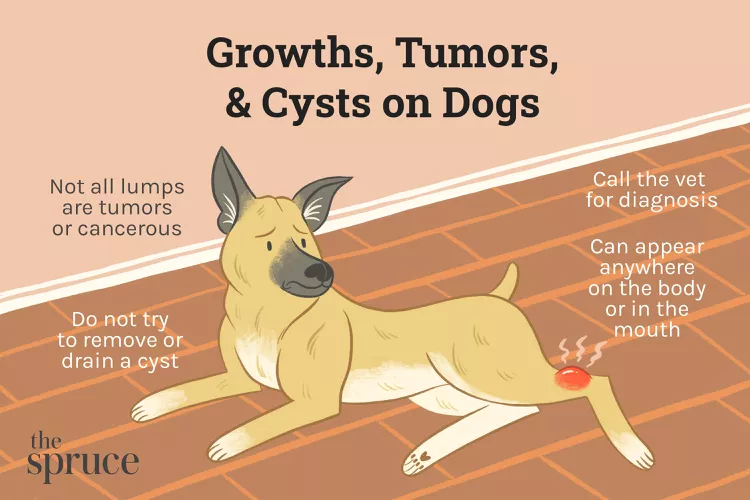
Tumors, Growths, and Cysts in Dogs
Tumors, lumps, growths, or cysts are commonly found on dogs. Learn the causes, treatments, and preventative measures.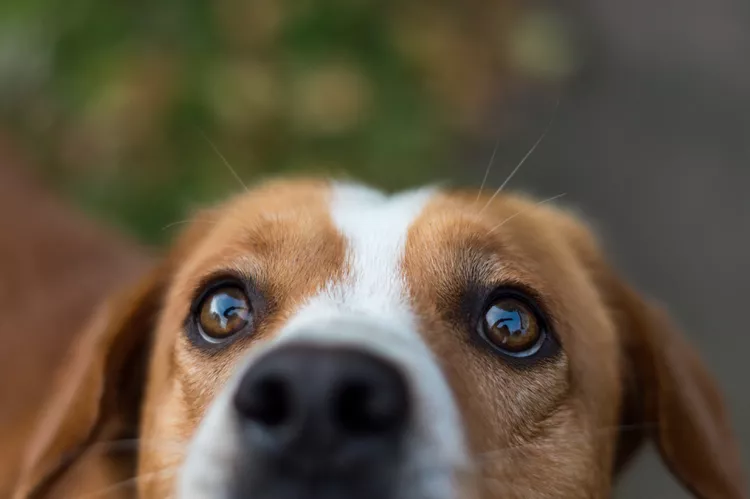
Eye Injuries and Infections in Dogs
Dogs can suffer eye injuries that range from mildly irritating to serious medical emergencies. Learn the causes, treatment, and prevention.
Vestibular Disease in Dogs
Vestibular disease affects a dog's balance and eye movements. Find out about the signs, causes, and treatment of vestibular disease in dogs.
Is Acetaminophen Safe for Dogs?
Acetaminophen is used by humans for pain and fever relief, but is it safe for dogs? Here's what you need to know before giving your dog acetaminophen.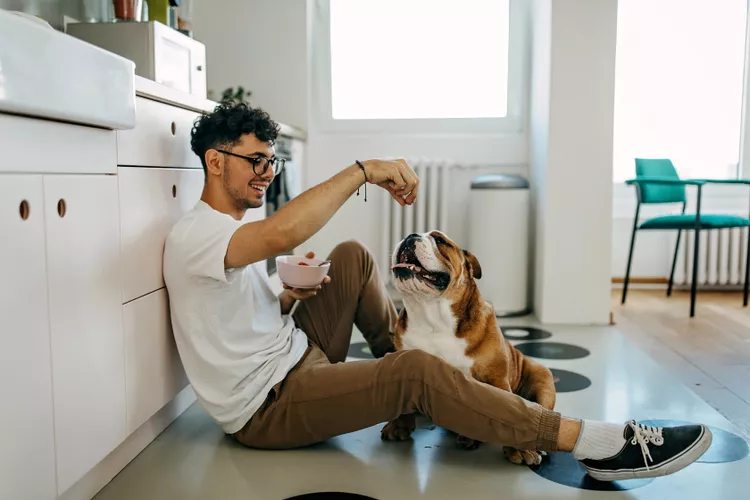
Can Dogs Eat Zucchini? Everything to Know About This Hardy Summer Squash
Zucchini is a nutritious food that's safe for dogs to eat in moderation. This low-calorie, high-fiber vegetable can be incorporated as a healthy treat in a dog's balanced diet. Learn more about its health benefits, potential risks, and how to prepare it.
Can Dogs Eat Popcorn? What You Need to Know for Movie Night
Dogs can eat popcorn, but there are safety concerns. Find out how to safely feed your dog popcorn and what you should do if you're concerned.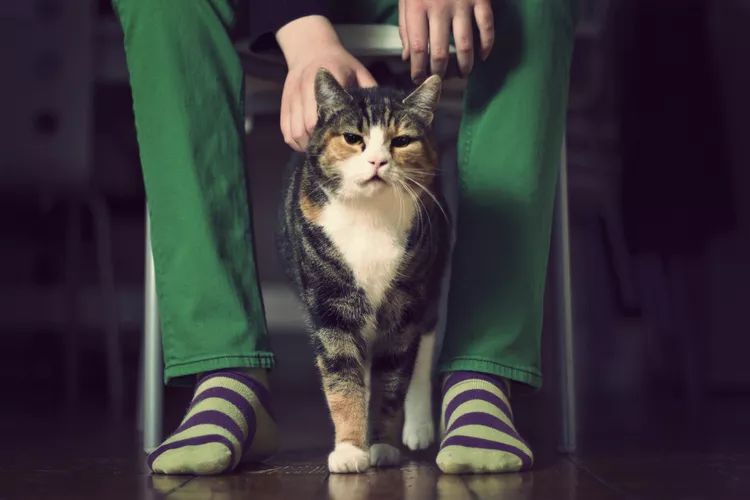
65 Irish Cat Names
Irish cat names can pay homage to historical places, local cuisine, famous Irish actors and musicians, or other wonderful aspects of the Emerald Isle.
46 Egyptian Cat Names
Whether inspired by notable Egyptian deities, locales, or pharaohs, Egyptian cat names can bring out the divinity of your noble feline companion.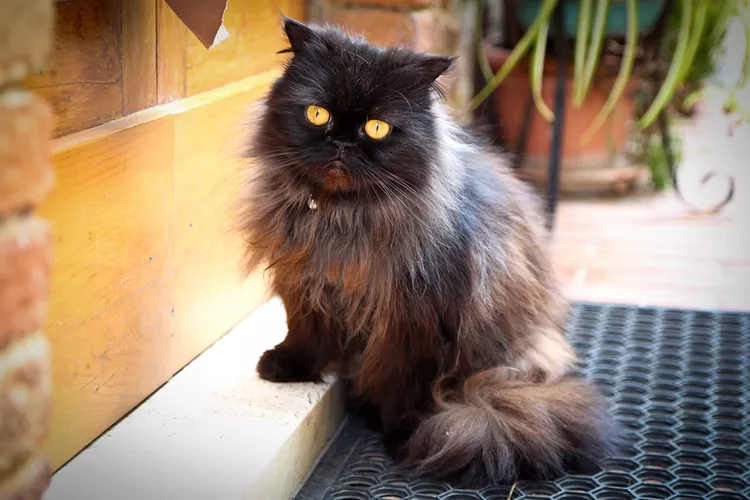
Are Ant Traps Safe for Cats?
Here's how to know if ant traps are safe for cats and how to keep yours free from harm if you have an ant problem.
The 6 Best Cat Nail Clippers of 2024 for a Safe Trim
Clipping your cat's nails can save your furniture and keep your kitty comfortable. We asked veterinarians for their cat nail clipper recommendations.
Is Neosporin Safe for Cats?
A brief summary of concerns a cat owner should be aware of before putting Neosporin on their cat, plus tips for things they can use at home instead.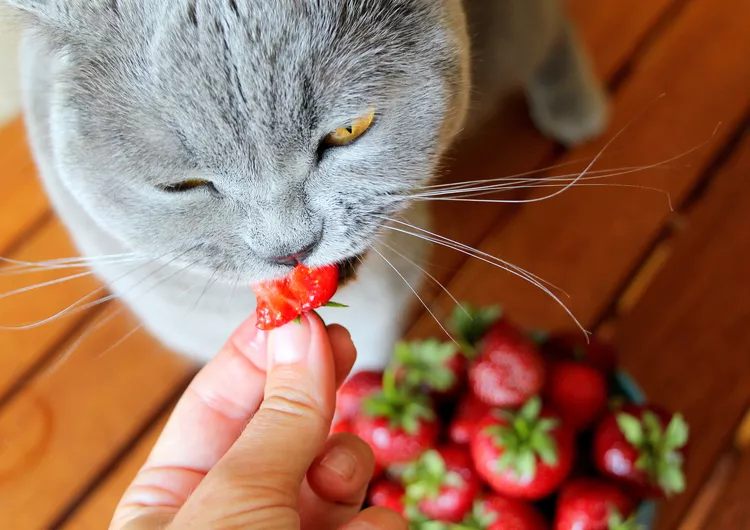
Can Cats Eat Strawberries? How to Safely Share This Summer Berry
Although cats are primarily meat eaters, strawberries may be an interesting and tasty snack for your feline friend. Find out the risks of feeding strawberries to cats and how to safely let your cat enjoy this fruit.
Cute Pictures & Facts About Calico Cats & Kittens
Learn fascinating facts about calico cats, including photos, the genetics behind this color combination, and common folklore and traditions.
12 Most Popular Cat Breeds for Feline Lovers
These 12 cat breeds, like the Siamese and Sphynx, are known for their unique appearances and personalities. Learn what makes them so popular.
Balinese: Cat Breed Profile, Characteristics & Care
The Balinese cat is playful, sociable, elegant, intelligent, and a touch on the vocal side. Learn about the Balinese, including appearance, temperament, health, and care needs.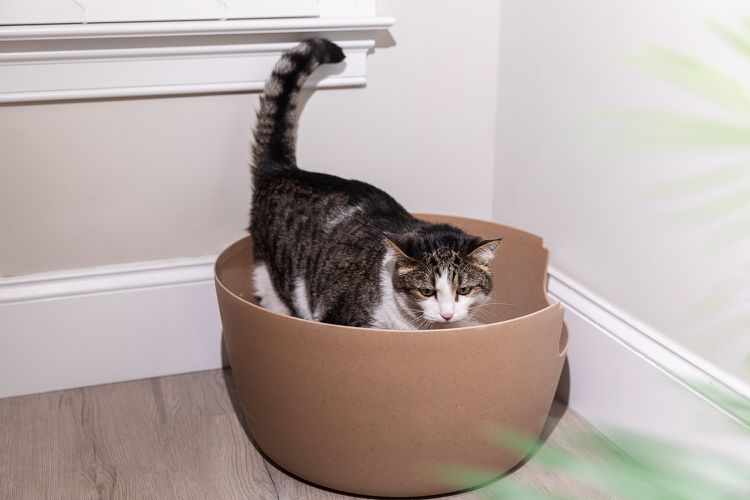
Why Cats Don't Always Cover Their Poop
Cats may not cover their poop for a few different reasons, including being territorial, sending a message to their owner, and not liking the litter.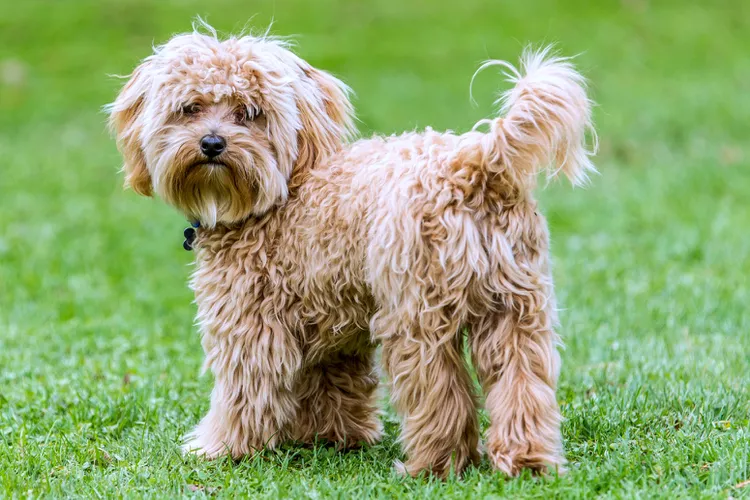
Cavapoo: Dog Breed Characteristics & Care
The Cavapoo is a hybrid of the Cavalier King Charles spaniel and a toy or miniature poodle. Learn why these teddy-bear-looking dogs make the perfect addition to your family.
Why Dogs Eat Poop and How to Stop Them
Is your dog eating poop? Some dogs do this because of stress or illness. Learn how to prevent stool eating, or coprophagia, in dogs.
Can Dogs Get Depression? How to Help Your Sad Dog
Can dogs get depression? Learn about the signs of depression in dogs and find out how to help your sad dog.
4 Reasons Why Your Dog Licks Their Butt
Butt-licking in dogs can be a part of normal grooming, but excessive butt-licking is not normal. Read about the most common reasons for this behavior.